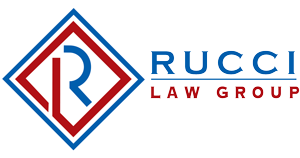Effective October 1, 2019, many of the provisions relating to the State of Connecticut’s laws regarding sexual harassment in the workplace have changed, pursuant to the “Time’s Up” bill. Previously, small businesses who employed less than 50 people were not subject to training requirements; now, this law applies to employers who employ three or more people, including family businesses. Under the new law, the training must be at least two hours in length for both non-supervisory and supervisory employees.
For existing employees, this training must be provided no later than October 1, 2020; for new employees, or for employees who are moved into a supervisory position, the training must occur within the first six months of hire or promotion. Once completed, this training must be supplemented every ten years. The Connecticut Commission on Human Rights and Opportunities (CHRO) has created training that meets the requirements of the new law, available on their website, www.ct.gov/chro. Training classes can be taken online.
In addition, employers must continue to post information regarding the illegality of sexual harassment and provide employees with a copy of the information regarding the illegality of sexual harassment and remedies available to victims. This information can be emailed to each employee along with a link to the CHRO website.
The CHRO is now authorized to enter an employer’s business during work hours to ensure compliance with the posting requirements and to review all records, policies, procedures and training materials maintained by the employer. The CHRO can conduct an inspection when an employer is in violation of certain legal provisions, or during the 12-month period following the date on which any complaint has been filed against an employer.
Failure of an employer to comply with these new rules may subject them to fines. We recommend that employers maintain careful records regarding employee training and the provision of the mandatory notices to avoid liability.
For more information about business law, please contact Kate Diehm.

